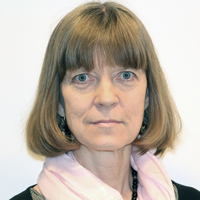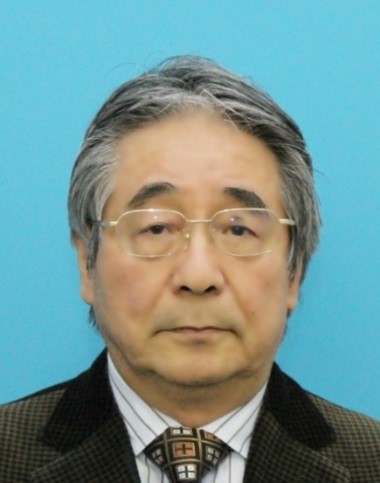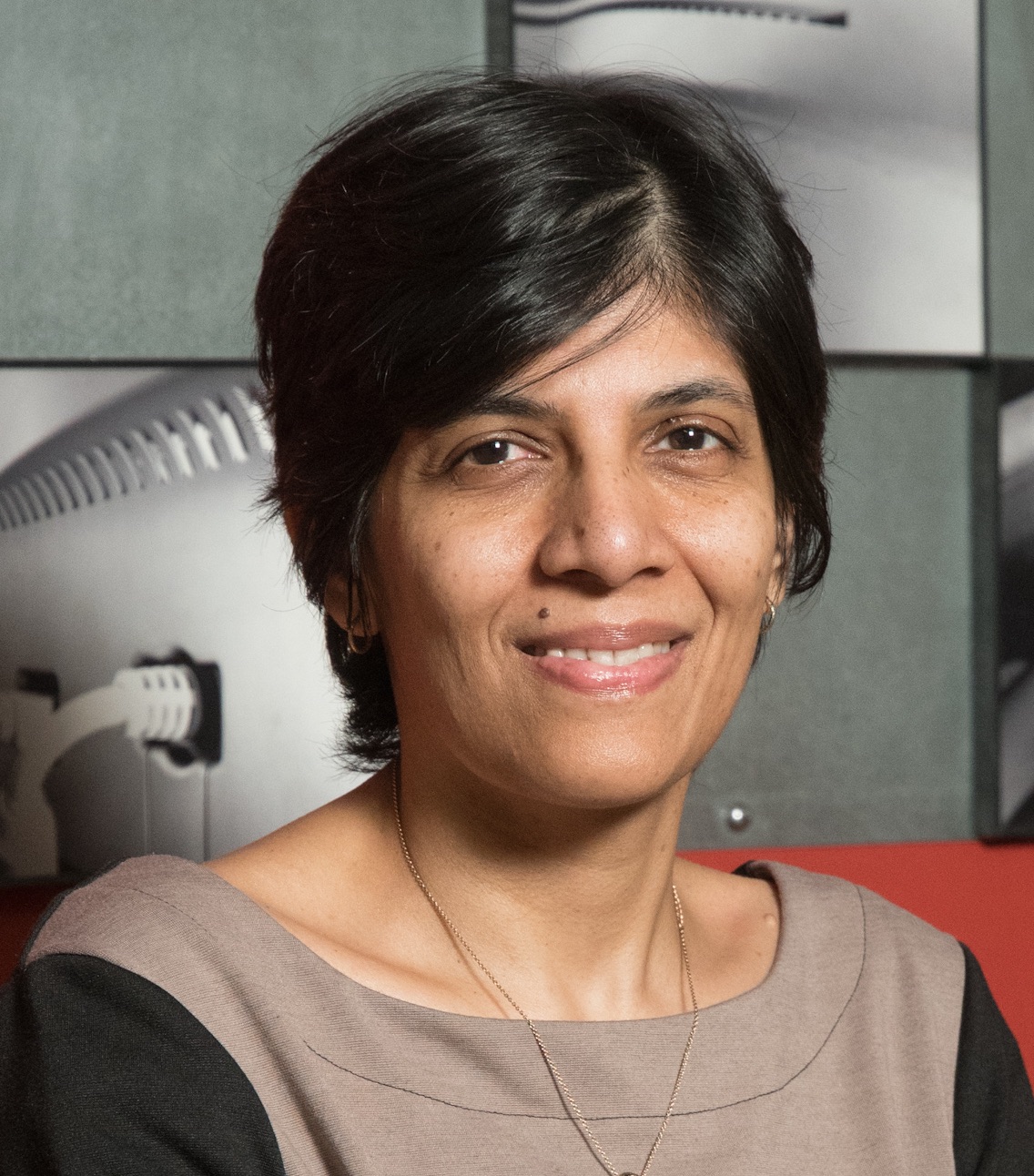Invited Speakers
Title: Empowering with ICT
 |
Speaker: Raija Halonen, University of Oulu, Finland |
Abstract: Nowadays, inadequate management of amenable and preventable chronic illnesses for the ageing working population causes immense loss of productive life years for the industry (3.4 million productive life years in Europe), significant economic burden on the state budgets globally and poor health life of the patients. Moreover, the European level economic impact of mental problem is calculated as 470 billion euros annually and as 1700 billion euros globally. Only minority of people suffering from mental issues seek professional help for themselves even if they would benefit from such help – for example in Finland, only
34 % of people with major depression look for professional treatment, and similar results in other European countries and the US disclose that the problem is global. With the aging population, the number of individuals living with disabilities is increasing.
On the other hand, state-of-the-art ICT including sensor-based wearables has shown benefits in monitoring health, and the use of technological development in the form of miniature biosensing devices, smart textiles, microelectronics, and wireless communication has brought new possibilities to reduce healthcare cost. Recent studies also show that people are motivated to use wearable sensors to make their lives easier and to support them in managing their diseases. In the current talk the focus is on the possibilities to empower individuals who benefit from the ICT-based
supportive actions.
Biography:Raija Halonen acts as an Adjunct Professor in the Faculty of Information Technology and Electrical Engineering at the University of Oulu, Finland. She is a member of the Research Unit of Empirical Software Engineering in Software, Systems and Services (M3S). Before joining the academic world Dr. Raija Halonen has worked on information systems both in the public sector and in private IT enterprises. After receiving her PhD she acted as a Postdoctoral Fellow in the Centre of Innovation & Structural Change, National
University of Ireland Galway where she continues as a Research Associate while working in Finland. Lately her main research interests have been in ICT and social inclusion and ICT-enabled process improvement.
Title: Biologically Inspired Computation to Solve NP-hard Problems
 |
Speaker: Prof Junzo Watada, Universiti Teknologi PETRONAS, Seri Iskandar, Perak Malaysia |
Abstract: Since DNA-based molecular computation was pioneered, it has provided significant ideas and concepts that enable us to express new types of molecular computational algorithms, methods, and computing paradigms. In this talk, we show how to implement new types of molecular engineering experimental methods. While implementing these experimental methods, we propose several integrations of DNA-based algorithms (each of which includes its own molecular engineering experimentation for each purpose), advanced mathematical information engineering, and totally different field methodologies, meaning that algorithms have been integrated with other field methods and techniques for the first time. These multiplied integrated algorithms are associated with various forms in different engineering and science fields.
In this talk, the computational model that makes use of DNA molecular structures and characteristics at the nanometric level is referred to as nanobiocomputation, reflecting our focus on the nanometric and molecular engineering mechanisms associated with various areas of science and engineering. Four different interdisciplinary DNA-based algorithms are designed to develop nanobiocomputation and discussed in this dissertation; each design was based on theoretical concepts of nanometric molecules and molecular experimental data.
Biography: Junzo Watada received his B.Sc. and M.Sc. degrees in electrical engineering from Osaka City University, Japan, and his Ph.D degree from Osaka Prefecture University, Japan. Currently, he is a professor, the Department of Computer and Information Sciences, Universiti Teknologi PETRONAS, and a Professor Emeritus at Waseda University. He received the Henri Coanda Medal Award from Inventico in Romania in 2002. He is a Life Fellow of the Japan Society for Fuzzy Theory and intelligent informatics (SOFT). Prof Watada is an IEEE senior member, Executive Chair of ISME, WCICME, a vice-president and life member, Forum of Interdisciplinary Mathematics. He commits himself in editing various international journals as a principal editor of several journals and an editorial board member of more than 30 journals. His professional interests include artificial neural network, human centric data mining, soft computing, tracking systems, knowledge engineering, financial engineering and management engineering.
Title: Automated Design of Intelligent Systems Using Hyper-Heuristics
 |
Speaker: Prof Nelishia Pillay, University of Pretoria, South Africa |
Abstract: The field of hyper-heuristics is growing rapidly since its inception. Hyper-heuristics work in the heuristic space rather than the solution space which is typical of optimization techniques and have proven to be effective at solving discrete combinatorial optimization problems. More recently the potential of using hyper-heuristics for the automated design of machine learning and search techniques has been established. As we move into the fourth industrial revolution the aim is to provide off-the-shelf machine learning tools that the non-expert can apply to a particular application area to solve the problem at hand. Furthermore, the design of intelligent systems is a very time consuming process, requiring many man hours. Hence, there has been a drive towards the automated design of intelligent systems employing machine learning and search techniques, leading to the emergence of fields such as autoML.
This talk will firstly provide an overview of hyper-heuristics. It will then examine the automated design of intelligent systems examining various design decisions ranging from parameter tuning to the induction of operators and the hybridization of intelligent techniques. The talk will highlight how the four types of hyper-heuristics, namely, selection constructive, selection perturbative, generation constructive and generation perturbative, can be used in the automated design of intelligent systems. The talk will conclude by looking at future research directions of hyper-heuristics for automated intelligent system design.
Biography: Nelishia Pillay is a Professor and Head of Department of Computer Science at the University of Pretoria. She is chair of the IEEE Task Force on Hyper-Heuristics with the Technical Committee of Intelligent Systems and Applications at IEEE Computational Intelligence Society and holds the Multichoice Joint-Chair in Machine Learning. Her research areas include hyper-heuristics, combinatorial optimization, genetic programming, genetic algorithms and other biologically-inspired methods. She is an active researcher in field of evolutionary algorithm hyper-heuristics and the application thereof to optimization problems and automated design. This is one of the focus areas of the NICOG (Nature-Inspired Computing Optimization) research group which she has established.





